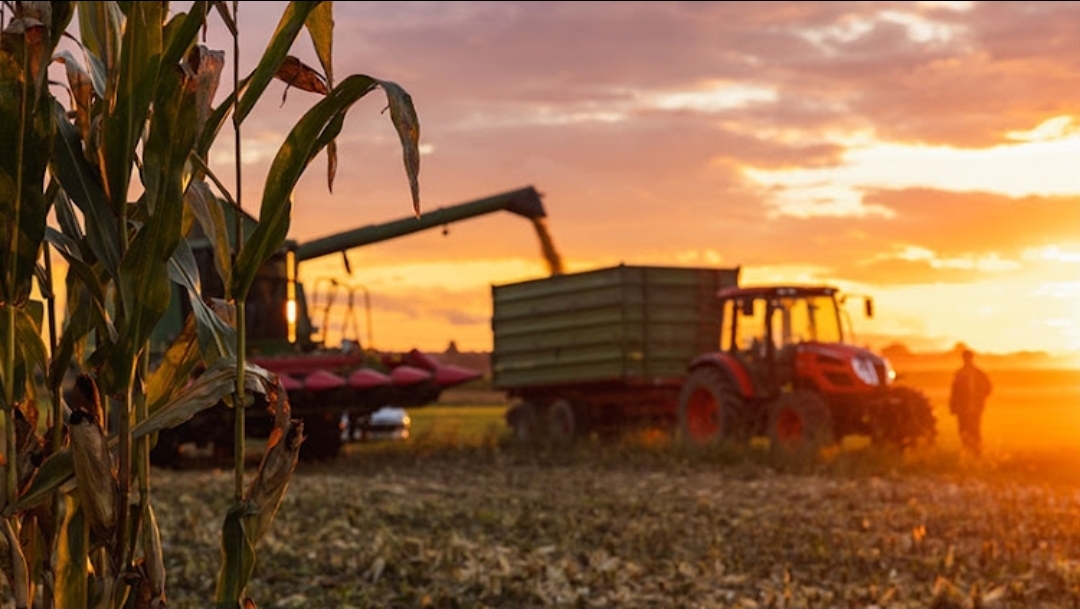Africa’s agricultural sector holds immense potential for economic growth, food security, and poverty reduction. However, the continent’s agricultural productivity and competitiveness are hindered by inadequate logistics and transportation systems. Inefficient transportation networks and logistics services lead to post-harvest losses, increased costs, and reduced market access for farmers, ultimately affecting food availability and prices. This article explores the challenges facing agricultural logistics and transportation in Africa and proposes solutions to improve the sector.
Challenges in Agricultural Logistics and Transportation
- Inadequate Infrastructure: Africa’s transportation infrastructure, including roads, railways, ports, and airports, is underdeveloped, leading to increased transportation costs, delays, and losses.
- High Transportation Costs: High transportation costs in Africa are attributed to poor road conditions, numerous roadblocks, and inefficient logistics services, making it difficult for farmers to compete in regional and global markets.
- Limited Access to Markets: Farmers in Africa often have limited access to markets due to inadequate transportation networks, leading to post-harvest losses and reduced income.
- Inefficient Logistics Services: Logistics services in Africa are often inefficient, with limited use of technology, inadequate cold storage facilities, and poor tracking and tracing systems.
Solutions to Improve Agricultural Logistics and Transportation
- Investing in Infrastructure: Governments and private sector investors should invest in upgrading and expanding transportation infrastructure, including roads, railways, ports, and airports.
- Improving Logistics Services: Logistics companies should adopt technology, such as transportation management systems and GPS tracking, to improve efficiency, reduce costs, and enhance customer experience.
- Developing Cold Chain Infrastructure: Investing in cold storage facilities and refrigerated transportation can help reduce post-harvest losses and improve the quality of perishable produce.
- Promoting Regional Trade: Regional trade agreements and cooperation can help reduce transportation costs and improve market access for farmers.
- Capacity Building: Training and capacity building programs for farmers, logistics providers, and transporters can help improve logistics and transportation services.
- Public-Private Partnerships: Collaboration between governments and private sector companies can help leverage investments, expertise, and resources to improve agricultural logistics and transportation.
- Use of Technology: Adopting technologies such as blockchain, drones, and mobile applications can help improve supply chain efficiency, reduce costs, and enhance transparency.
Benefits of Improved Agricultural Logistics and Transportation
- Increased Efficiency: Improved logistics and transportation systems can reduce transportation costs, delays, and losses, increasing efficiency and competitiveness.
- Improved Market Access: Better transportation networks and logistics services can improve market access for farmers, increasing their income and reducing poverty.
- Reduced Post-Harvest Losses: Improved cold chain infrastructure and logistics services can help reduce post-harvest losses, improving food availability and prices.
- Economic Growth: A well-developed agricultural logistics and transportation system can contribute to economic growth, food security, and poverty reduction.
Conclusion
Improving agricultural logistics and transportation in Africa is crucial for unlocking the continent’s agricultural potential. By investing in infrastructure, improving logistics services, developing cold chain infrastructure, promoting regional trade, and building capacity, Africa can reduce transportation costs, improve market access, and increase efficiency. With the right policies, investments, and technologies, Africa can transform its agricultural sector, improving food security, reducing poverty, and promoting economic growth

